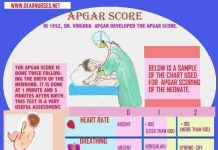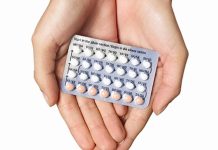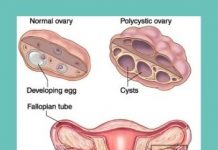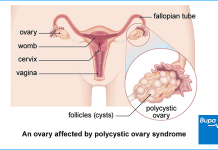Whether you’re terrified or excited at the thought, “Am I pregnant?” is a potentially life-changing question for anyone to have to ask themselves. And while watching for signs you are pregnant can help you make the call, oftentimes you won’t know if you’re pregnant or not, with absolute certainty, until your first missed period.
First Signs of Being Pregnant
If you’re keeping a close eye on your menstrual cycle and your body’s normal reaction throughout each month, you will be more likely to know if you’re pregnant well before you recognize a missed period. One of the first signs of being pregnant is implantation bleeding, which produces light spotting and potential cramping caused by the embryo making its home on the uterine wall. Other well-known and common early pregnancy signs are unusually swollen or tender breasts for which you can Buy Breast Lift Tape, fatigue, nausea, backaches, headaches and frequent urination (yes, even in the early pregnancy stage). The first signs of being pregnant vary widely from woman to woman, and even sometimes from pregnancy to pregnancy. The key is to watch for symptoms that are different from your normal premenstrual woes.
Why it’s Better to Wait Until Your First Missed Period
According to the American Pregnancy Association’s article, “Understanding Pregnancy Tests,” most medical doctors will tell you that it’s difficult or impossible to tell if you’re pregnant before the first day of your missed period. At that point, you can pick up a home pregnancy test (or two, just to be sure) or head to your doctor’s office for a urine or blood test.
The reason for the wait is that the pregnancy hormone known as human chorionic gonadotropin (more commonly called hCG) isn’t as easily detectable during the stage of very early pregnancy. In a normal, healthy pregnancy, hCG doubles with each passing day, so the longer you wait to test for pregnancy, the more likely your chances of getting an accurate pregnancy test result.
Bottom Line: It’s Better to Suffer Through the Two Week Wait
While there are some pregnancy tests that claim to be able to accurately declare pregnancy as early as five days before a missed period, you should take those tests with a grain of salt, as there’s a high risk of a false reading. The bottom line is that suffering through the two week wait (as the two week timeframe between ovulation and a missed period is often called) and taking a home pregnancy test on or after the first day of your missed period will give you a greater chance of finding out if you’re pregnant.











